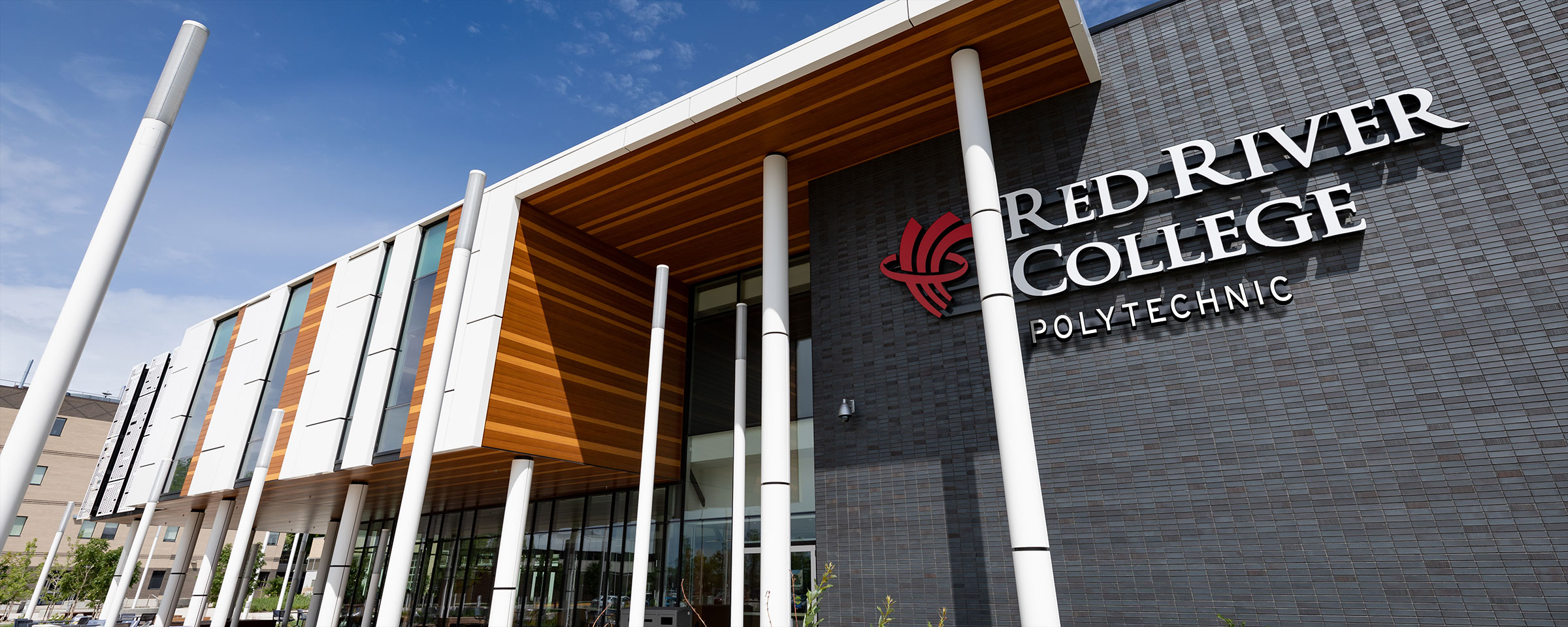Red River College Launches New Indigenous Language Programs
First of a kind language and culture courses part of RRC’s enhanced strategy to advance Indigenous achievement
For immediate release: November 27, 2017
Winnipeg, MB – Red River College is opening registration for two new Anishinaabemowin language and culture courses, created to help support the growth of Indigenous language revitalization in Manitoba’s schools and advance reconciliation efforts in the province.
The unique language and culture courses are part of a series of new initiatives that RRC will be undertaking in order to advance Indigenous achievement and support student success – one of the College’s key strategic priorities.
“As a College, we are taking the lead to provide more opportunities for educators to gain a deeper understanding of Indigenous language and identity, and help continue to strengthen partnerships with Indigenous learners in our community,” said Rebecca Chartrand, RRC’s Executive Director, Indigenous Strategy.
These new courses are the first of their kind to be offered by RRC and are being delivered by the School of Indigenous Education and Continuing Education. As a key signatory to the Manitoba Indigenous Education Blueprint, RRC responded to a need identified by the community to fill a gap in providing opportunities for educators in the province to learn to speak, read, and write in Manitoba’s traditional Anishinaabemowin languages. Bridging this divide will help continue to support and enhance Indigenous academic success.
“The Truth and Reconciliation Commission of Canada has called for action to protect the right to Indigenous languages, including the teaching of Aboriginal languages as credit courses,” Chartrand said. “As a learning institution, it is critical for Red River College to incorporate Indigenous knowledge, perspective and content to create innovative and relevant programming in order to achieve this.”
The curriculum for the courses was developed through a working group with RRC, Seven Oaks, Winnipeg and Louis Riel School Divisions and Manitoba First Nations Education Resource Centre. The priority was to ensure the College could create new courses that would provide students with a deeper knowledge and understanding of Indigenous culture and language history.
“Language and culture is such an integral part of our identity and sense of self, so as a post-secondary institution it’s important to support and create more learning opportunities for Indigenous learners in our province and across the country,” Chartrand added.
“These courses will help fill an important gap that’s missing in our classrooms currently, and create more resources for students to take these skills and drive change in our communities beyond the traditional school setting.”
The courses are being delivered by merging two different styles of teaching with the goal to preserve these languages for generations to come. They will build a bridge between Western style teaching through a modern classroom setting and delivery style, while maintaining the authenticity and integrity of these traditional languages and oral teaching styles.
The Introduction to Anishinaabemowin Language and Culture will begin in February 2018 and Level Two course will be offered in the spring. Both will be offered on a part-time basis to K-12 educators in the province, or anyone who may be interested in learning more. The introductory course is geared to non- or semi-fluent speakers, and a more advanced Level Two course for intermediate and fluent level of Anishinaabemowin speakers.
Registration for the Introduction to Anishinaabemowin Language and Culture 1 and Anishinaabemowin Language and Culture 2 courses opens TODAY, Monday November 27, 2017 and is open to all educators or anyone who is interested in learning more.
Full course descriptions and registration information is available here: rrc.ca/acl
